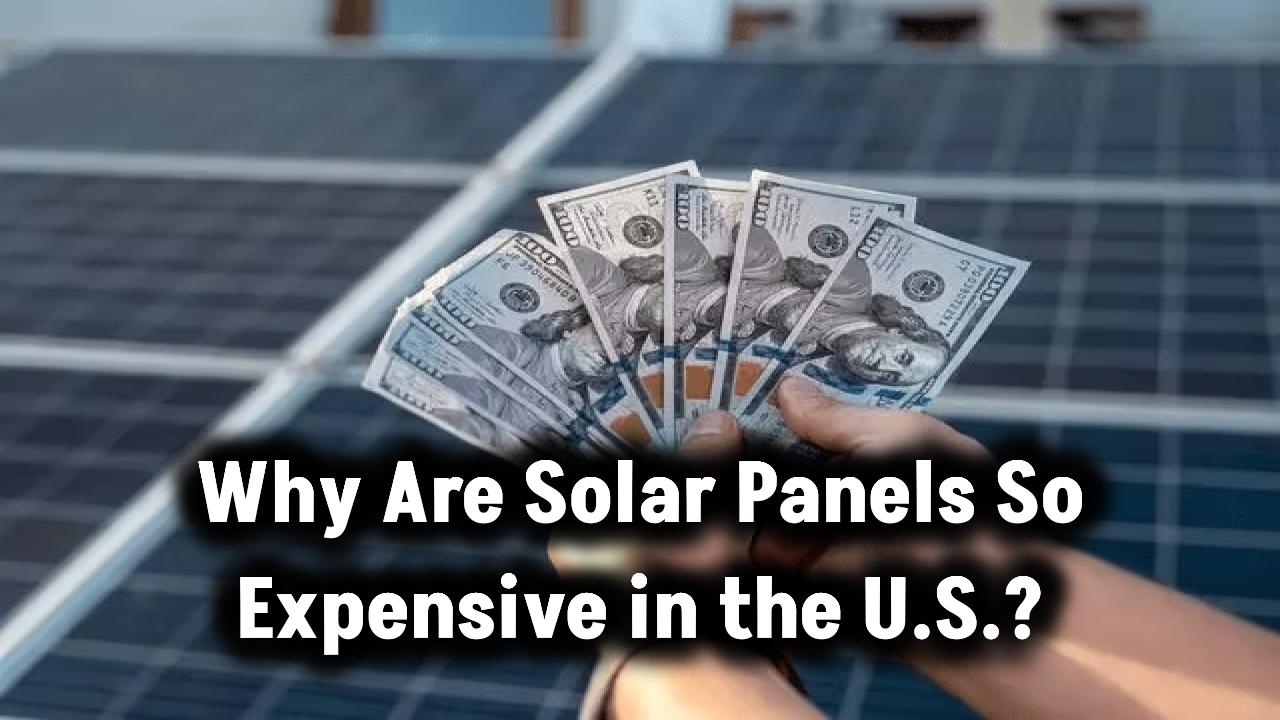
The Anti-Solar Bills Defeated in Texas House marks a significant win for renewable energy advocates in one of the fastest-growing clean energy markets in the United States. This recent development halted several proposed legislative efforts aimed at imposing new restrictions on solar and wind power projects in Texas, safeguarding the progress and expansion of renewable energy in the state.
Texas, often recognized as the nation’s leader in wind and solar capacity, faced the possibility of legislative hurdles that could have slowed down this momentum. The defeated bills sought to impose additional fees, require backup power sources, and create permitting obstacles that renewable energy developers and advocates argued would be detrimental to clean energy growth.
This article will break down the context behind these bills, their potential impact, and what this means for Texas’s energy future. We’ll also provide practical advice on how these developments affect industry stakeholders and energy consumers alike.
What Were the Anti-Solar Bills About?
Background on the Bills
The bills—Senate Bill 819, Senate Bill 388, and Senate Bill 715—were proposed during the 2025 Texas legislative session. They aimed to introduce new regulations and financial burdens on renewable energy projects, especially solar and wind farms. Specifically:
- SB 819: Proposed additional fees on renewable energy producers, raising concerns about making solar and wind projects less economically viable.
- SB 388: Sought to tighten permitting processes and increase administrative hurdles that could delay or block renewable projects.
- SB 715: Intended to require renewable energy projects to have backup power sources (like natural gas plants) to guarantee grid reliability during intermittent production.
Why Were These Bills Controversial?
Critics argued that these bills would undermine Texas’s clean energy progress by:
- Increasing the cost of developing renewable projects, which could deter investment.
- Adding complexity and delays to permitting and approvals.
- Forcing backup power mandates that could increase reliance on fossil fuels, negating some of the environmental benefits of renewables.
- Potentially leading to higher electricity prices for consumers by adding new fees and costs.
Renewable energy advocates, environmental groups, and industry stakeholders rallied against these measures, warning that they would slow down Texas’s leadership in clean energy.
Why Is Texas So Important in Renewable Energy?
Texas isn’t just any state—it’s the top producer of wind energy and a rapidly growing solar market in the U.S. The Electric Reliability Council of Texas (ERCOT), which manages the state’s power grid, reports that:
- As of 2025, Texas has over 30 GW of wind capacity and around 10 GW of solar capacity installed.
- Renewables now provide a significant portion of the state’s electricity, helping reduce carbon emissions and drive economic growth.
- The state’s unique power grid and deregulated market have encouraged innovation and investment in renewables.
This makes Texas a crucial battleground for energy policy and a key indicator for nationwide trends.
What Does the Defeat of These Bills Mean?
A Victory for Renewable Energy Advocates
The failure of these bills to advance through the legislature is a clear win for advocates who want to maintain and grow Texas’s renewable energy infrastructure. By missing critical legislative deadlines, these bills effectively stalled for the current session.
This outcome means:
- Renewable energy projects won’t face new fees or backup power mandates for now.
- Permitting and project development processes remain unchanged, avoiding delays.
- Texas can continue expanding wind and solar capacity without added legislative barriers.
Ongoing Challenges and What to Watch
While these bills are off the table for now, discussions continue around:
- Backup power and grid reliability mandates (SB 715 is still under some consideration).
- Transmission fees and grid access charges for renewable projects.
Stakeholders should remain vigilant as these issues can resurface in future sessions.
How Does This Affect Different Stakeholders?
For Renewable Energy Developers
- Positive news: Less regulatory uncertainty and no new fees mean project economics remain favorable.
- Keep an eye on: Future legislation and ERCOT grid policies that could affect project requirements.
For Energy Consumers
- Potential benefits: Continued growth in renewables can drive down wholesale power costs.
- What to watch: Future legislation that could affect electricity prices or grid reliability.
For Policymakers and Regulators
- Opportunity: To balance clean energy growth with grid reliability without imposing burdensome regulations.
- Challenge: Crafting policies that encourage investment while ensuring the grid meets demand, especially during peak and emergency conditions.
Navigating Texas’s Renewable Energy Landscape
If you’re a business, investor, or consumer interested in Texas’s energy scene, here are some practical tips:
- Stay informed about legislative sessions: Energy policy can change quickly. Follow Texas Legislature updates at capitol.texas.gov and ERCOT announcements.
- Understand ERCOT’s role: ERCOT manages the grid and oversees market operations. Their decisions impact grid reliability and energy prices.
- Monitor technology trends: Battery storage and demand response solutions are increasingly important for managing intermittent renewables without backup fossil plants.
- Consider incentives and financing: Texas offers various incentives and financing options for renewable projects—stay updated to maximize benefits.
- Engage with advocacy groups: Join or follow organizations like the Texas Renewable Energy Industries Alliance (TREIA) for policy updates and networking.
Level 3 Alert Issued for Solar Inverters by National Power Grid Reliability Council
Heliup Powers Up 100 MW Lightweight Solar Panel Factory in France – Boost to Clean Manufacturing
Avangrid Pledges $41 Million to Modernize New York’s Aging Power Grid Infrastructure
(FAQs)
Q1: What are the main reasons renewable energy advocates opposed these bills?
A1: They argued the bills would add costs, slow project approvals, require unnecessary backup fossil fuel plants, and ultimately hinder Texas’s clean energy growth.
Q2: How significant is Texas’s renewable energy capacity?
A2: Texas leads the U.S. with over 40 GW of combined wind and solar capacity, enough to power millions of homes and reduce carbon emissions substantially.
Q3: What is ERCOT, and why does it matter?
A3: ERCOT is the Electric Reliability Council of Texas, managing the state’s electric grid and market, responsible for ensuring reliable power delivery.
Q4: Could similar anti-solar bills come back in the future?
A4: Yes. While these bills stalled, legislative priorities can shift, so ongoing vigilance is needed.
Q5: How can consumers benefit from Texas’s renewable energy growth?
A5: Renewables can lead to cleaner air, stable or lower electricity prices, and more resilient power supply over time.








